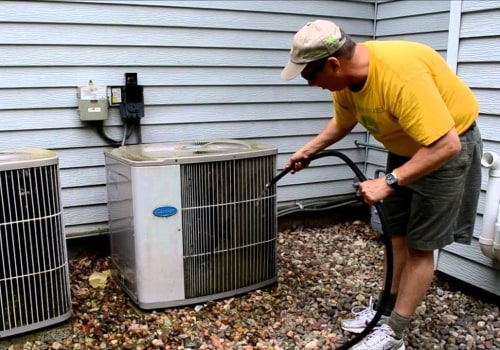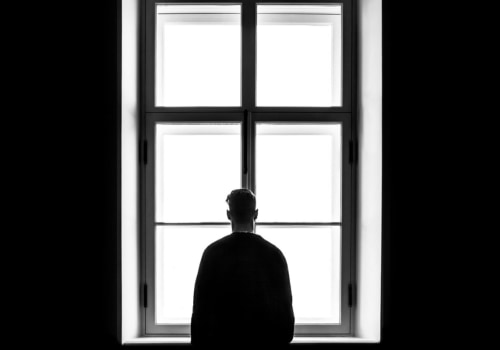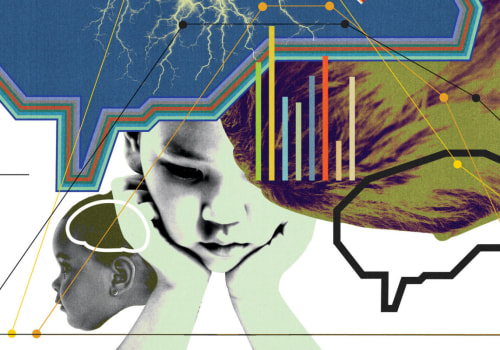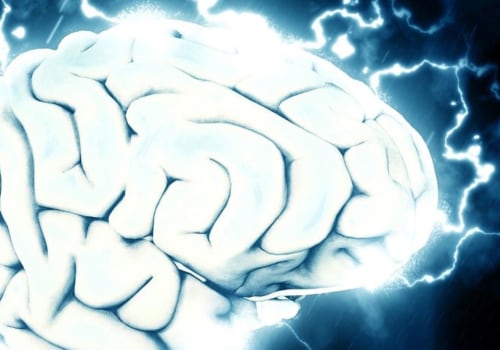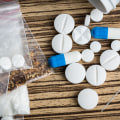Statistics show that between 40 and 60 percent of individuals with addiction will experience a relapse. When a person goes to a substance abuse treatment center, the goal is to achieve sobriety. Unfortunately, one study found that relapse rates after twelve months range from 80 to 95 percent of cases of alcohol and tobacco treatments, and these rates tend to be similar for other substances of abuse. It's important for people struggling with alcohol or other substance dependence to recognize the high risk of relapse, be aware of their own personal triggers, and learn to cope with their triggers and emotions in a healthy way.
By understanding the common risks of relapsing into addiction, people can be better equipped and better able to maintain their recovery. Relapse is a common occurrence in addiction recovery, but it doesn't have to be inevitable. With the right support and resources, individuals can learn how to identify their triggers and develop strategies for managing them. Here are 10 common triggers that can lead to relapse:
- Stress
- Depression
- Anxiety
- Isolation
- Boredom
- Exposure to drugs or alcohol
- Negative emotions
- Lack of support
- Unrealistic expectations
- Lack of structure
This may include attending support groups, engaging in healthy activities, developing a strong support system, and seeking professional help when needed. With the right resources and support, individuals can learn how to manage their triggers and maintain their recovery.
